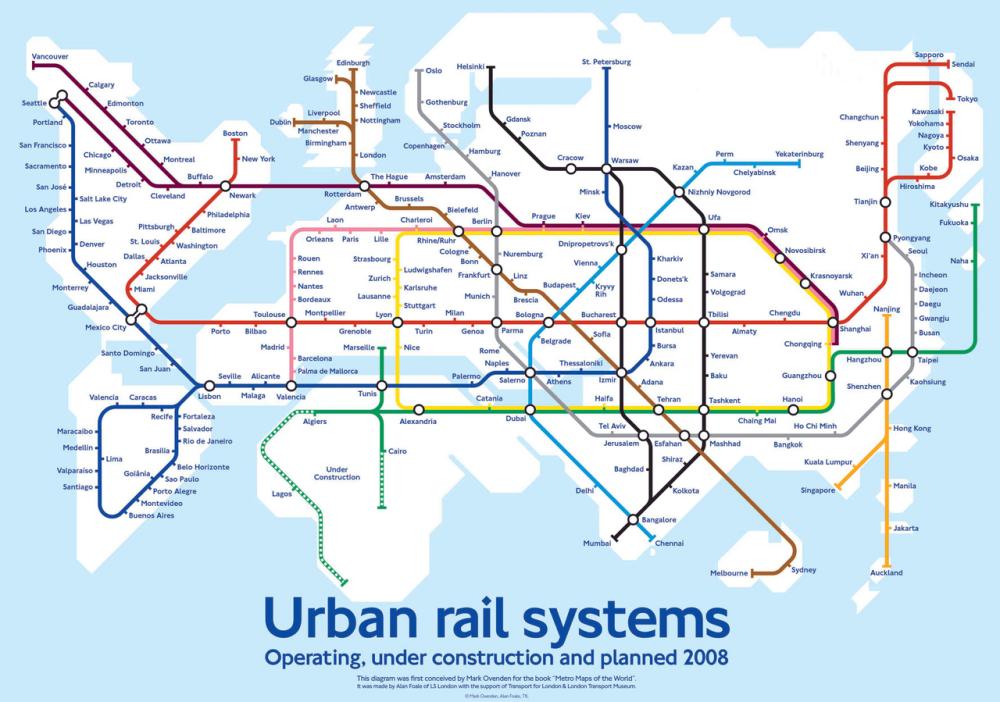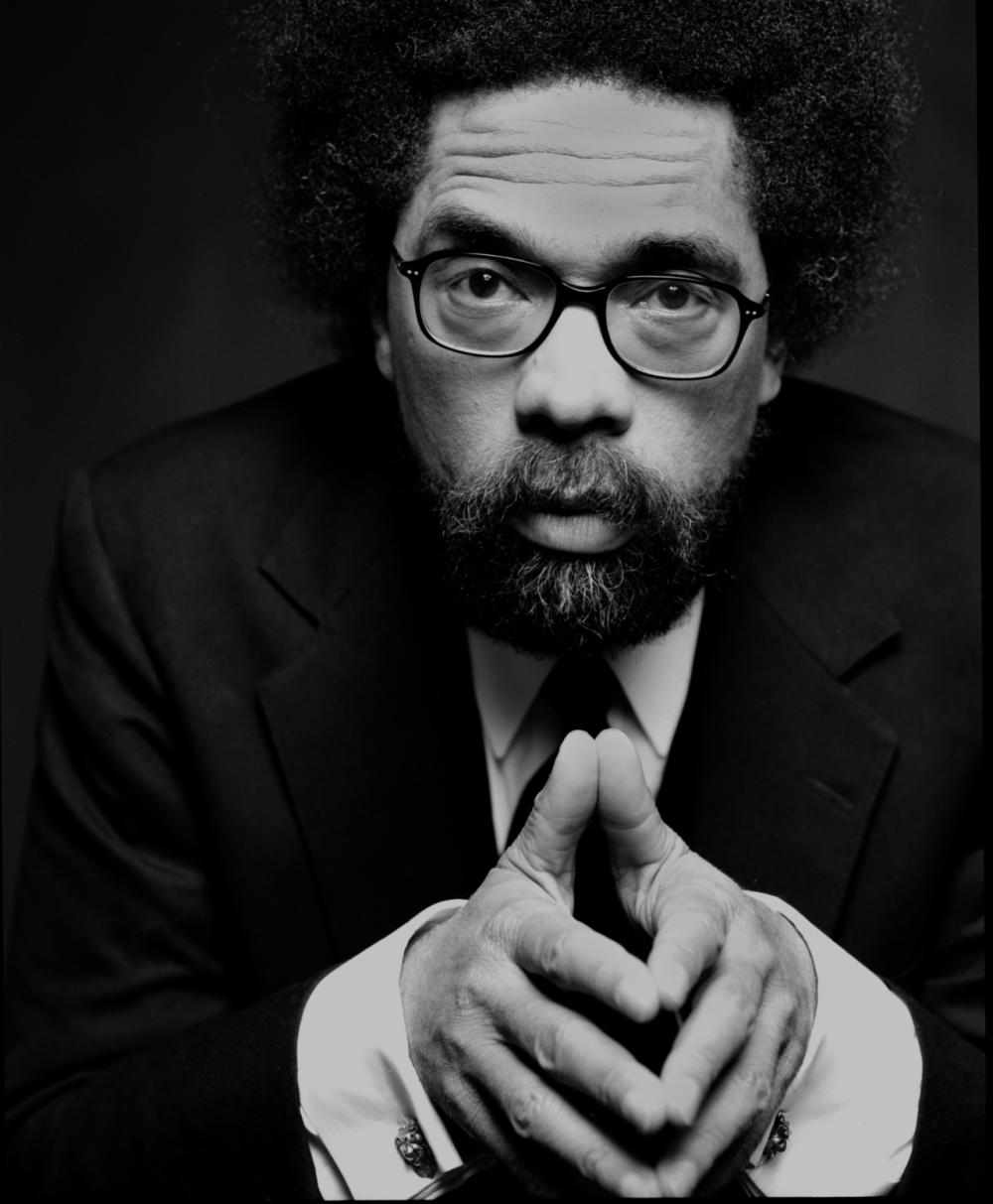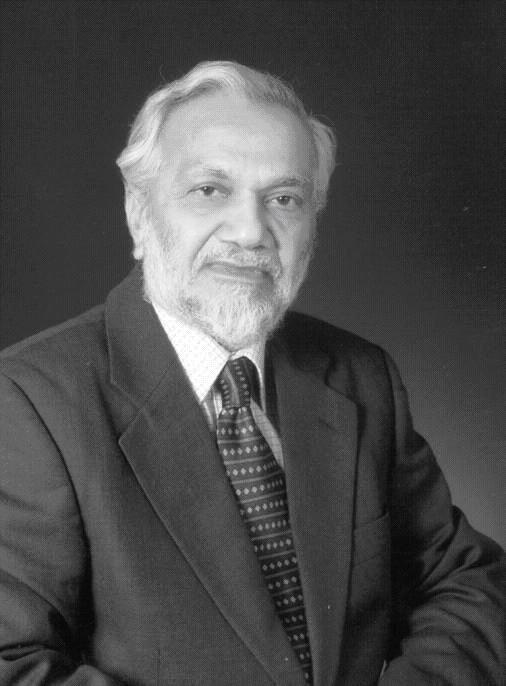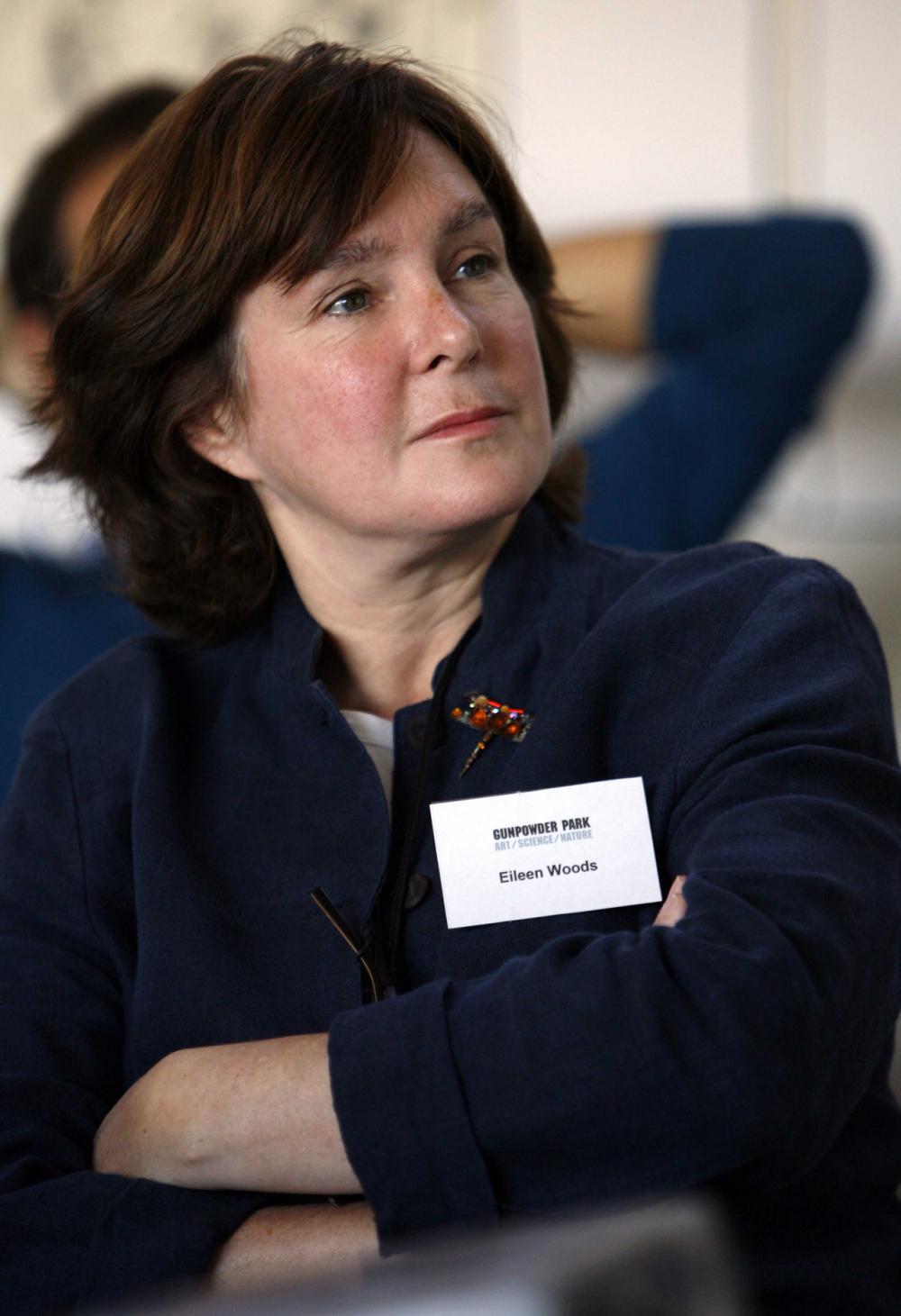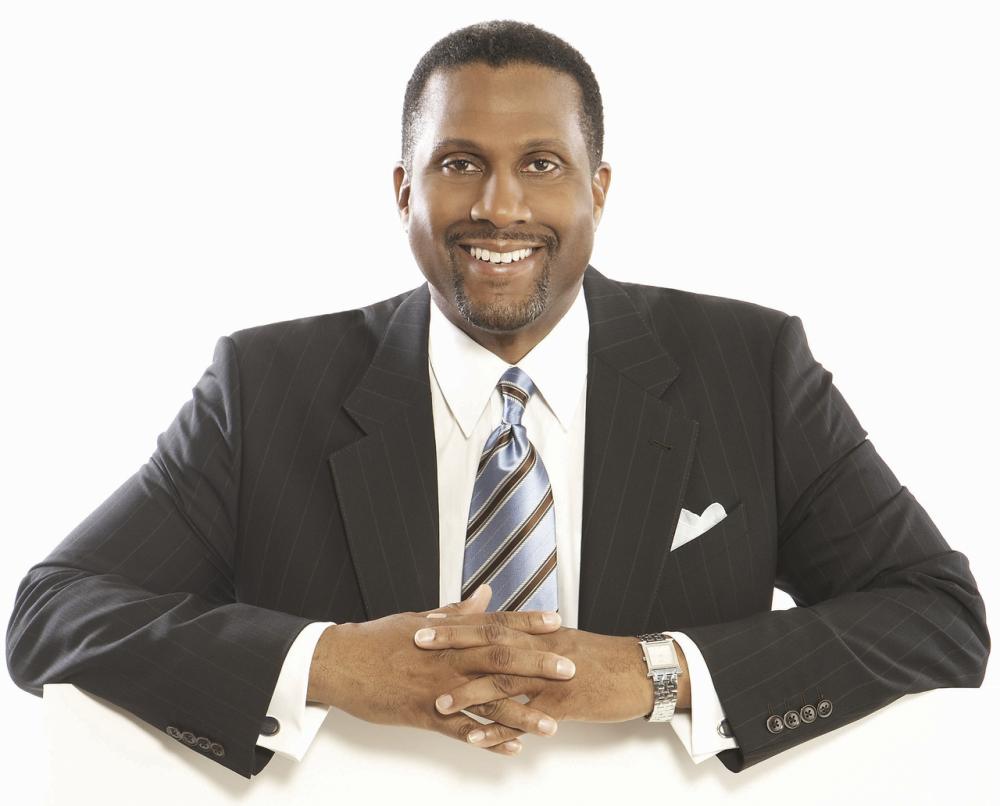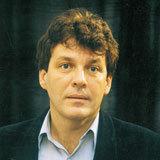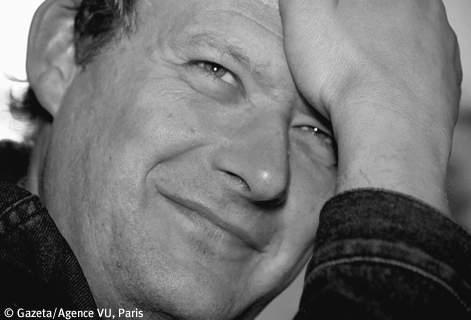The City as Commons in a Divided World
Solutions without Boundaries
In 2000, a small group of academics, politicians and artists from twelve countries met to set up an action programme with the aim was to draw attention to ‘global interdependence’. The events of 11 September 2001 gave their efforts a tragic tenor, and the group decided to proclaim 12 September - ‘the day after’ - Interdependence Day.
Since then the Interdependence Day Forum has become an annual event held in different cities throughout the world. Its source of inspiration is the work of American writer Professor Benjamin Barber, known to a wide public principally for his book Jihad vs McWorld (1995). In 2008, after Philadelphia, Rome, Paris, Casablanca and Mexico City, it is now Brussels’ turn to host the forum. The event will include a three-day international conference during which academics, politicians, NGOs, artists, journalists and others will debate “Solutions without Boundaries for Problems without Boundaries”.
The sub-theme of the Brussels Forum is The City as Commons in a Divided World. A reordering of our world and the corresponding forms of living together is underway. The nineteenth-century division of the world into countries or nation states is disintegrating. The idea that there are as many societies as there are nations, and that there is ‘uniformity’ within these nations is losing ground. We are increasingly living in one world, in a single global, post-national society.
Yet parallel with this trend toward globalisation across the nation states, localisation and regionalisation are also gaining importance. A triangular relationship exists between cities, countries and the world, with the city assuming an increasingly clearer role as an important interchange of political and social reconstruction. Present neo-liberal globalisation is creating social turmoil and inequality everywhere. The city constitutes one of the levels through which regulation can again take place. The urban community is generating new forms of coexistence, and can help us regain a grip on reality.
Globalisation, hyper-consumerism, individualisation and fragmentation: all are change processes that are very apparent in urban reality. These same processes, however, also make the city the point of departure for action and reaction that can allow us to regain control of these processes. The city thus becomes the vanguard of a new society.
Programme
Debate 1
9/09/2008 - 20:30 - KAAITHEATER (20 square Sainctelette 20, 1000 Brussels)
An Evening On Global Interdependence
As starting shot for the sixth Interdependence Day Forum, Gie Goris, editor in chief of MO* Magazine, is bringing together a number of important guests for a public debate on the Kaaitheater stage.
Anne Teresa De Keersmaeker
Choreographer and dancer. She will examine the enormous impact that our eating habits and industrial intensive farming and cattle breeding have on the viability of our planet.
Lord Bhikhu Parekh
Professor of political philosophy at the University of Westminster (London). He presents his latest book: New Politics of Identity: Political Principles for an Interdependent World (Palgrave Macmillan, 2008).
Naema Tahir
British-Pakistani-Dutch author (Een moslima ontsluiert, 2004, Kostbaar bezit, 2006, Eenzaam heden, 2008). She will treat the necessary emancipation of Moslem women and the role they can play in the contemporary metropolitan society.
Debate 2
10/09/2008 - 10:00-17:00 - MAISON DES CULTURES (4, rue Mommaerts, 1080 Molenbeek-Brussels)
The Multiple City
This conference day will take place in the heart of Molenbeek. The diverse nature of the district and the determined attempts of the inhabitants, district council and many community centres to put this diversity to good use and improve the quality of life makes Molenbeek the ideal location to start the debate on ‘the city as commons’.
10:00 - Welcome
Welcome by Philippe Moureaux, mayor of Molenbeek. Keynote by Benjamin Barber, co-initiator of the Interdependence Day project.
10:30 - Urban Imagination: On Multicultural Realities and Civil Participation
Diversity is without a doubt the principle feature of many large cities. In contrast to nation states characterised by uniform identities, the contemporary city is concerned with diversity, with ‘difference’. Where once the goal was a separation of church and state, today there is a need for a separation of culture and state. Our reality is one of multiculturalism, intermingling and globalisation. The old foundations of social solidarity have largely disappeared giving way to individualisation and flexibility. Urban society comprises many lifestyles that are no longer connected with ethnic and religious communities. Real life offers increasingly greater variation, albeit often linked to cultures of consumption. On this first conference day, we will view the city as a societal laboratory where people are confronted with one another. We view it as a pluricultural space where identity no longer springs from common traditional characteristics but from the capacity to deal with ambivalence, hybridism and even conflict: the city as a place to learn, a nucleus for the construction of social innovation and a context for renewed participation in public matters.
James Early (Smithsonian Institute, Washington)
Bouchra Hbali (Met-X, Brussels)
Claus Leggewie (Director KWI, Institute for Advanced Study in the Humanities, Essen)
Johan Leman (Professor Social Anthropology, Catholic University Louvain)
Bhikhu Parekh (House of Lords, University of Westminster, London)
Olara Otunnu (Former UN Under-Secretary General, LBL Foundation, New York)
Myriam Stoffen (Zinneke Parade, Brussels)
Antonella Valmorbida (Director Association of Local Democracy Agencies, Council of Europe, Strasbourg, tbc)
13:30 - The Entrepreneurial City: On the City as Labour Market in a Flexible Network Economy
During this panel discussion we will examine the local social-economic reality in metropolitan neighbourhoods. Polarisation in the labour market and tensions between local and global reality in the contemporary network economy are becoming increasingly acute. More and more urban youth are growing up in families with no income from labour. Despite the large number of job openings, unemployment continues to rise in many large cities. The growing importance of training and social capital means that an increasing number of job seekers are finding it difficult to find a place in the regular labour circuit. This results in an ever larger number of city-dwellers existing via the informal economy. How can local governments respond to this? How can urban alliances offer help in dealing with the world economic storm?
Ann Demeulemeester (Christian Labour Movement, National Secretary, Brussels)
Alain Deneef (European Quarter Fund, Aula Magna Think Tank, Brussels)
Wim Embrechts (Art2Work, project developer Bellevue Creative Brewery, Brussels)
John Evans (Trade Union Advisory Committee to the OECD, Paris)
Adam Michnik (Gazeta Wyborcza, co-founder Solidarność, Warsaw)
15:30 - The City of God: On Religious Co-existence
Religious diversity is on the increase in the contemporary city. The ability of believers and non-believers to live together is not self-evident. Major global conflicts are increasingly explained along religious fault lines. Can a shared space nevertheless be developed in large cities, despite the institutional division between religions? What then are the terms that religions, believers and non-believers, set out for each other to enable them to co-exist in a small urban space?
Daniël Alliet (priest, Eglise du Béguinage-Begijnhofkerk, Brussels)
Rabbi Albert Guigui (Upper Rabbi of Brussels)
Ahmad Moussalli (Professor of Political Science and Islamic Studies, American University of Beirut)
Rik Pinxten (President Humanist League, Professor Anthropology University Ghent)
Francis Renneboog (Evangelical Protestant Churches in Belgium)
Imam Sajid (Muslim Council for Religious and Racial Harmony, London)
Naema Tahir (Writer, expert in human rights law for the Council of Europe)
Cornel West (Center of African American Studies, Princeton University)
Debate 3
11/09/2008 - 10:00-17:00 - HALLES DE SCHAERBEEK (22b rue Royale St-Marie, 1030 Schaerbeek-Brussels)
Re-Scaling The Planet / Re-Modelling The City
10:00 - Keynote
by Eric Corijn (Professor Social & Cultural Geography, Vrije Universiteit Brussel, Founder COSMOPOLIS, City, Culture & Society)
10:30 - Re-Scaling the Planet / Re-Modelling the City
In an increasingly globalised world with decreasing importance for the nation states, large cities will come to the fore. Large, complex urban networks make up the context for a new global economy, for new cultural spaces and for a new political playing field. Some of these network circuits are clearly visible, others are subtle, but they go in all directions, criss-crossing the world. Managing these ‘network cities’ and coordinating the ‘urban networks’ is a crucial challenge. We are familiar with the idea of society as people gathering in a specific territory. Today, however, this society is increasingly determined by a complex matrix of flows that mutually bind our large cities. This new, rapidly developing, inter-urban geography is one of the most guiding and driving forces in the world at the beginning of the twenty-first century.
Benjamin Barber (Founder Interdependence Day)
Rik Coolsaet (Professor International Relations, Ghent University)
Eric Corijn (Professor Social & Cultural Geography, Vrije Universiteit Brussel, Founder COSMOPOLIS, City, Culture & Society)
Claus Offe (Hertie School of Governance, Berlin)
Riccardo Petrella (Université Catholique de Louvain, Europa College, Brugge)
Saskia Sassen (Department of Sociology and The Committee on Global Thought at Columbia University)
13:30 - The Public City: On the Art of Common Space
The public space of the city is a forum, a meeting place that provides the context for many forms of communication: between strangers and acquaintances, between government and citizens, between residents and users. The public space is the garden of the city-dweller, the street and the square an extension of the home. The public space plays an essential role in supporting urban diversity. Its organisation must make confrontation possible without turning it into conflict, in order thus to contribute to acceptance of the ‘foreign’ and its recognition as a important urban quality.
Jackie Davies (New York Public Library for the Performing Arts at Lincoln Centre)
Ludo Moyersoen (Citymine(d), Production Centre for Urban Intervention / Brussels)
Pascal Smet (Minister of Transport and Public Works, Brussels Capital Region)
Eileen Woods (Gunpowder Park / London)
15:30 - The Creative City: On the Role of the Arts as Catalyst for Civil Awareness
What role can artists play in the contemporary, diverse city? Can they, amid the discord, create a space to share things through their work? In Brussels over the last ten years, many artists and art institutions have proven that it is possible to create openings in dense institutional dividing walls and that an artistic-cultural urban project can bring about coalitions with other actors in civil society: that art can still be a catalyst in society. In this panel discussion, a number of these Brussels residents share their experiences with foreign artists.
Geert Cochez (Brussels Kunstenoverleg)
Ben Hamidou (Writer, Actor)
Jochen Sandig (Radial System, Sasha Waltz & Guests, Berlin)
Bernd Scherer (House for World Cultures, Berlin)
Ricky Seabra (Performer, Director / Rio de Janeiro)
Sebastian (Sculptor, Mexico City)
Sam Touzani (Stand-up Comedian, Theater Director, Writer, TV presenter)
Debate 4
12/09/2008 - 10:00-17:00 - FLAGEY (18, place Flagey, 1050 Ixelles-Brussels)
Connecting Europe
10:00 - Europe’s Identity
What role does cultural diversity play in constructing the European Union? What tensions are present in the political process through which identities which can be national, regional, religious and linguistic at the same time must be manipulated into a single political and geographic space? And what role is reserved here for Brussels as Capital of Europe? Can Brussels bear within it something of this ‘Europeaness’?
Fuat Keyman (College of Administrative Sciences and Economics, Koç University, Istanbul)
Claus Leggewie (Director KWI, Institute for Advanced Study in the Humanities, Essen)
Ferenc Miszlivetz (Institute of Social and European Studies Foundation, Szombathely, Hungary)
Philippe Van Parijs (Hoover Chair of economic and social ethics, Université Catholique de Louvain, Visiting Professor at Harvard University's Department of Philosophy)
12:00 - Europe’s Eastern Border: Turkey & Russia
Europe is without a doubt the most important post-war integration project. It is still in full development, and struggling with a multitude of growing pains. Where, however, lie precisely the most important challenges faced by the EU when we look beyond the frontiers of Europe? What position is Europe choosing amid this global interdependence? What role can be played, for example, by Turkey to bind Europe with the East? And what about Russia, which appears at the same time to be both nearby and so far away.
Mustafa Akyol (Intercultural Dialogue Platform of the Journalists and Writers Foundation, Turkish Daily News, Istanbul)
Andrei Grachev (Gorbachev Foundation, Russian UN Association, tbc)
Ioseb Khakhaleishvili (Executive Director Local Democracy Agency Georgia)
Miklos Marschall (Transparency International, Berlin)
15:00 - Closing Round Table & Award Ceremony
Jan-Pieter Balkenende (Prime Minister, The Netherlands, to be confirmed)
Frank Judd (House of Lords / London)
Fuat Keyman (College of Administrative Sciences and Economics, Koç University / Istanbul)
Olara Otunnu (Former United Nations Under-Secretary General the President of LBL Foundation for Children)
Bhikhu Parekh (House of Lords, University of Westminster, London)
Imam Sajid (Muslim Council for Religious and Racial Harmony, London)
Saskia Sassen (Department of Sociology and The Committee on Global Thought at Columbia University)
Bernd Scherer (Director House of World Cultures / Berlin)
Tavis Smiley (Tavis Smiley Talk Show PBS, The Tavis Smiley Show Public Radio International)
Cornel West (Center of African American Studies, Princeton University)
and others
Interdependence Day Forum 2008 / Brussels
Founders
CivWorld (New York)
Dēmos (New York)
Brussels hosts
Kaaitheater
Dēmos (Kunst & Democratie)
deBuren
Partners
Les Halles de Schaerbeek
Flagey
La Maison des Cultures / Het Huis van Culturen
COSMOPOLIS, City, Culture & Society
MO*Magazine
Vk*, GC De Vaartkapoen
Foyer
Les Uns et les Autres
CC Maritime
Passa Porta
Met-X
Youth Summit partners
Jeugd en Stad
Globelink
Vlaamse Jeugdraad
Conseil Général de la Jeunesse d’Expression Française
Rising Voices / Global Voices
OneVoice
Remedee
LBL Foundation
Tony Blair Foundation
Support
Ministère de la Région de Bruxelles-Capitale
Commune de Molenbeek-Saint-Jean
Philippe Moureaux, Bourgmestre
Jef Van Damme, Echevin de Mobilité, Instruction publique néerlandophone et Culture néerlandophone
Ville de Bruxelles
Patrons
Kalima
Heinrich Thyssen
Nancy Fitzpatrick
Sophie Stenbeck
George & Ginger Elvin
Benjamin & Leah Barber
Friends of Interdependence Day
Joe Tandet
Vartan Gregorian
Bernard & Audre Rapoport
